Victorian Period
Showing 49–72 of 134 results
-
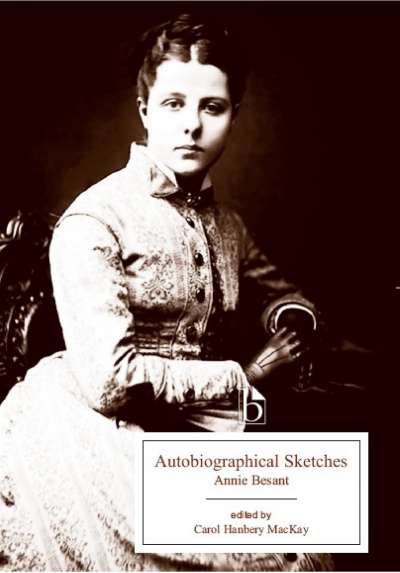
Autobiographical Sketches
Annie Wood Besant (1847-1933) was a problematic and notorious figure in Victorian England, questioning and then breaking from the Anglican Church to become an atheist,…
-
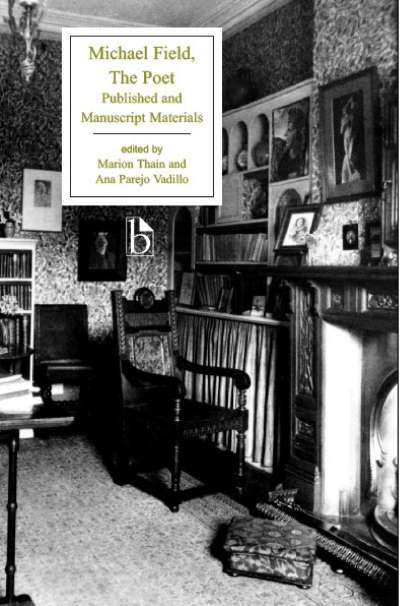
Michael Field: The Poet
“Michael Field” was the literary pseudonym of two women, Katharine Bradley (1846-1914) and her niece Edith Cooper (1862-1913). The women were poets, playwrights, diarist, and…
-
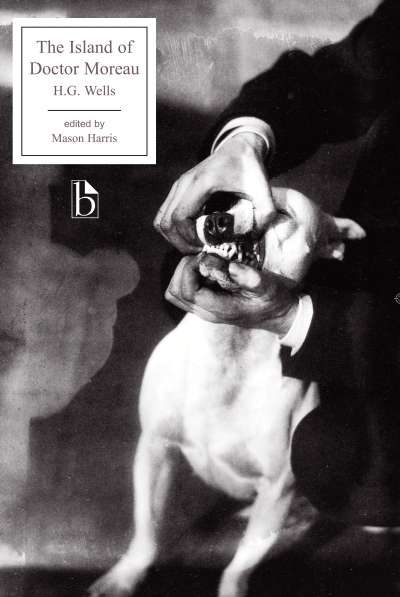
The Island of Doctor Moreau
A classic of science fiction and a dark meditation on Darwinian thought in the late Victorian period, The Island of Doctor Moreau explores the possibility…
-
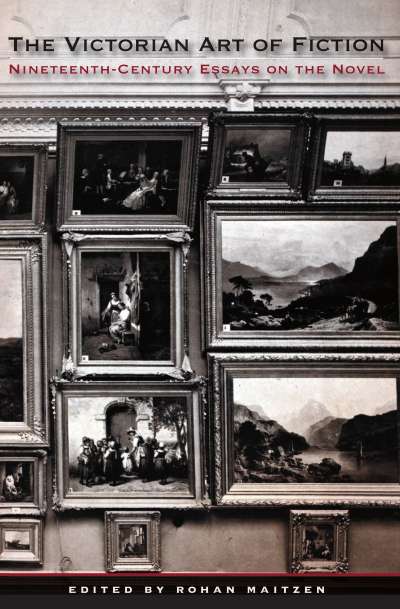
The Victorian Art of Fiction
The Victorian Art of Fiction presents important Victorian statements on the form and function of fiction. The essays in this anthology address questions of genre,…
-
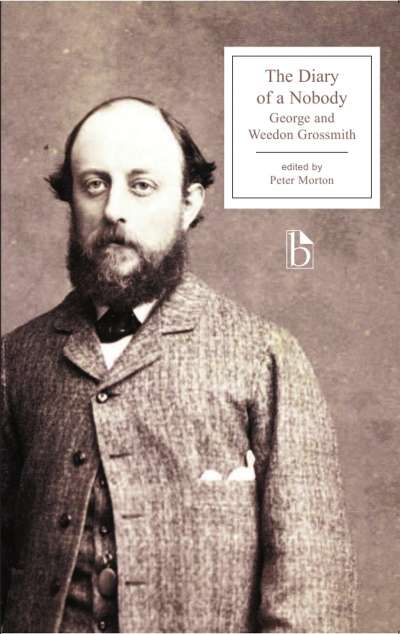
The Diary of a Nobody
The Diary of a Nobody, the spoof diary of Charles Pooter, a London clerk, first appeared as a book in 1892 and has never been…
-
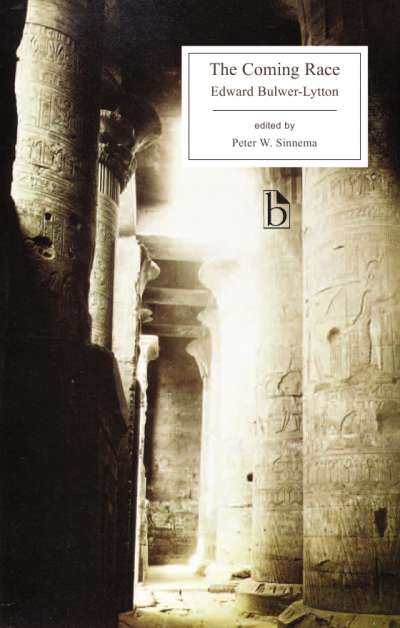
The Coming Race
The Coming Race is the crowning achievement of the genre of hollow earth fiction, in which a hero makes a perilous journey underground and discovers…
-
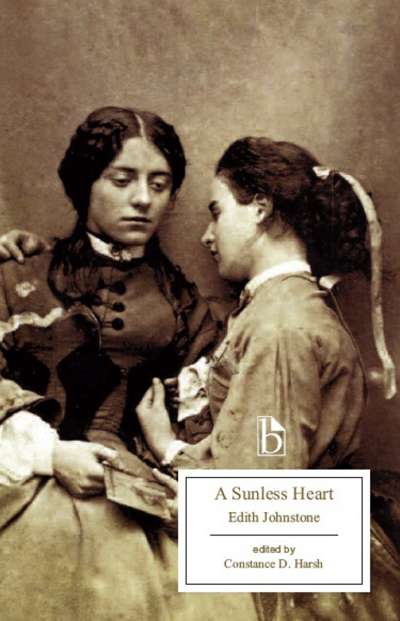
A Sunless Heart
In A Sunless Heart, Edith Johnstone establishes a feverish atmosphere for her novel’s story of emotional and physical hardship and the power of bonds between…
-
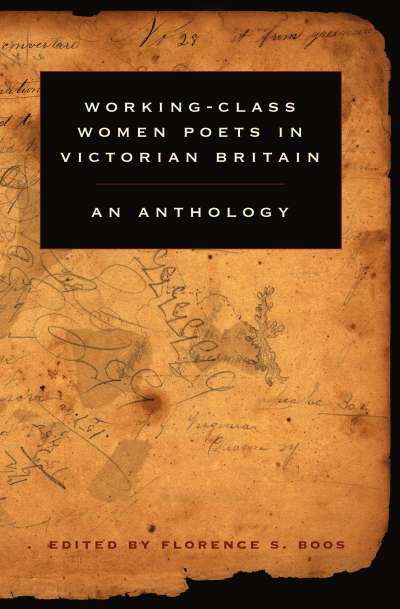
Working-Class Women Poets in Victorian Britain
Though working-class women in the nineteenth century included many accomplished and prolific poets, their work has often been neglected by critics and readers in favour…
-
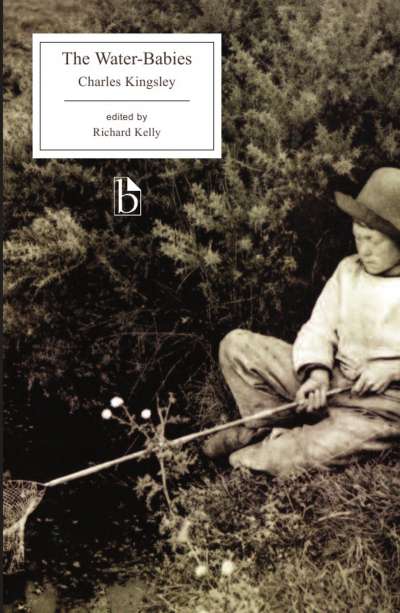
The Water-Babies
Among the most popular children’s books of the Victorian period, The Water-Babies continues to delight readers of all ages. It tells the story of a…
-
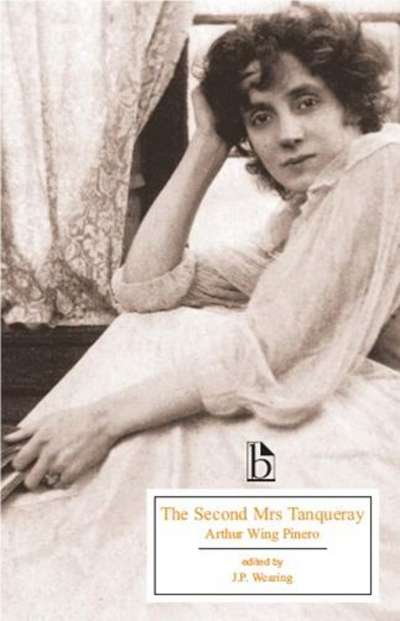
The Second Mrs Tanqueray
The Second Mrs. Tanqueray was the theatrical sensation of the London stage in 1893. It established Pinero as the leading English dramatist of serious social…
-
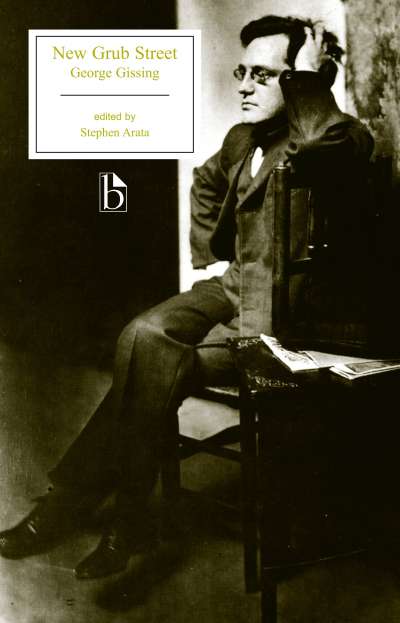
New Grub Street
New Grub Street is the only one of George Gissing’s two dozen novels never to have gone out of print, and has long been recognized…
-
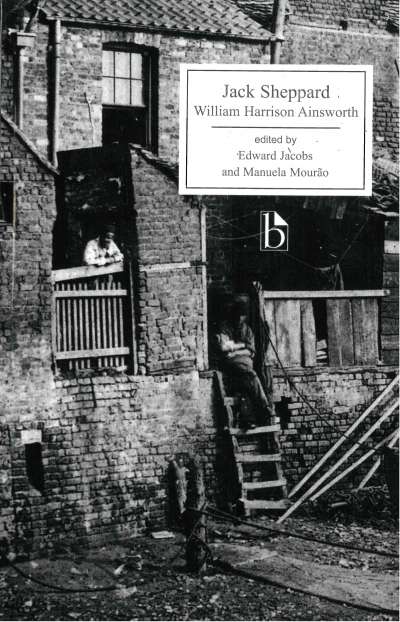
Jack Sheppard
In London Labour and the London Poor (1861) Henry Mayhew wrote, “Of all books, perhaps none has ever had so baneful effect upon the young…
-
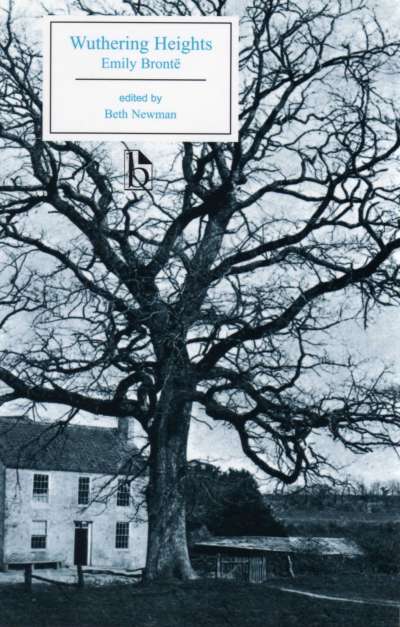
Wuthering Heights – Ed. Newman
Over a hundred and fifty years after its initial publication, Emily Brontë’s turbulent portrayal of the Earnshaws and the Lintons, two northern English households nearly…
-
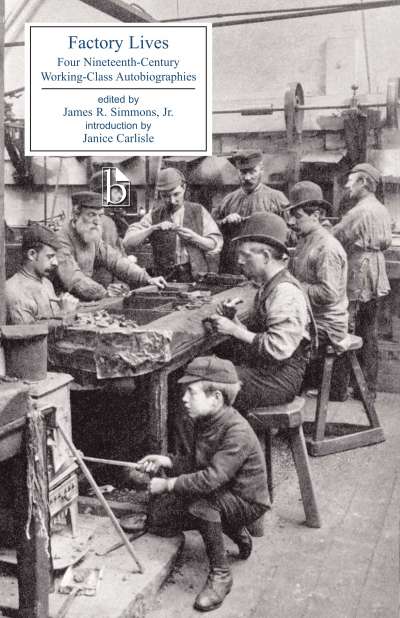
Factory Lives
Factory Lives contains four works of great importance in the field of nineteenth-century working-class autobiography: John Brown’s A Memoir of Robert Blincoe; William Dodd’s A…
-
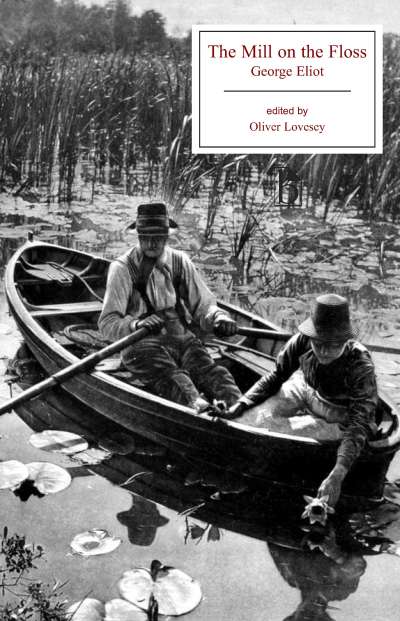
The Mill on the Floss
This classic novel, first published in 1860, tells the story of Maggie Tulliver. Intelligent and headstrong but trapped by the conventions of family tradition and…
-
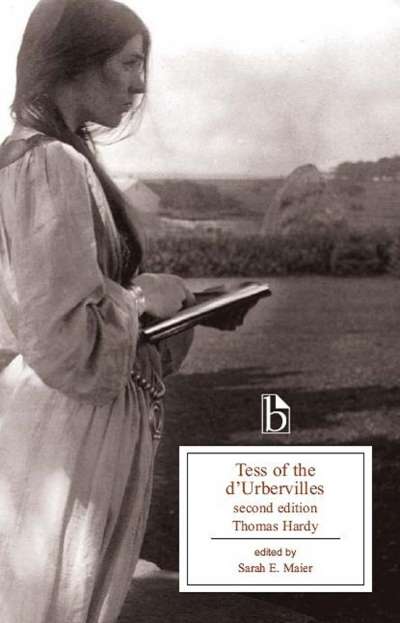
Tess of the d’Urbervilles – Second Edition
This classic novel tells the story of how the poor rural couple John and Joan Durbeyfield become convinced that they are descended from the ancient…
-
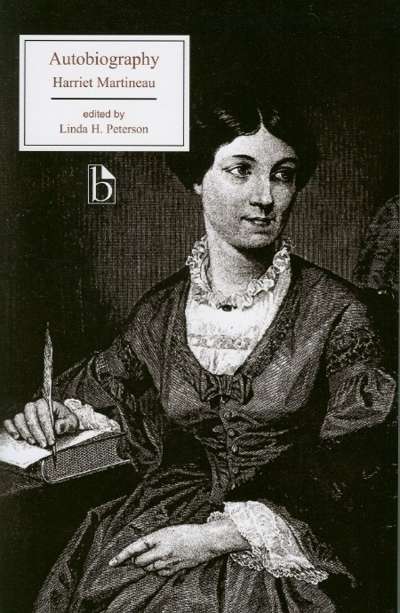
Autobiography
Harriet Martineau lived an extraordinary literary life. She became a reviewer and journalist in the 1820s when her family’s fortune collapsed; published a best-selling series,…
-
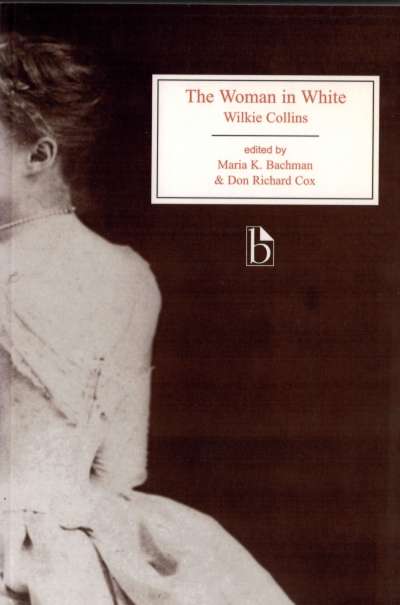
The Woman in White
As the inscription on his tombstone reveals, Wilkie Collins wanted to be remembered as the “author of The Woman in White,” for it was this…
-
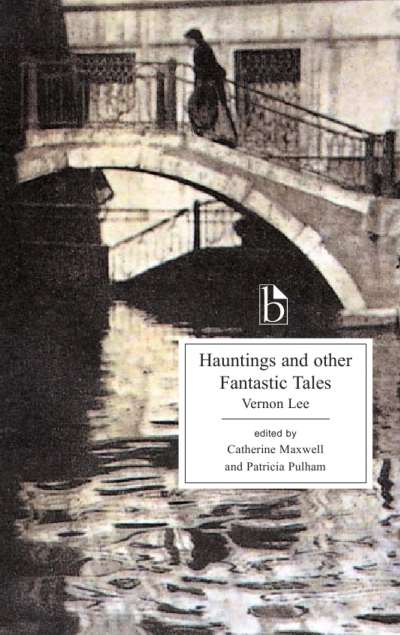
Hauntings and Other Fantastic Tales
Vernon Lee writes in the Preface to Hauntings, “My ghosts are what you call spurious ghosts... of whom I can affirm only one thing, that…
-
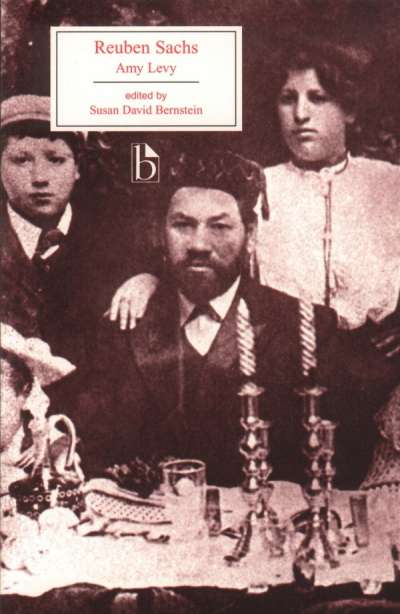
Reuben Sachs
Oscar Wilde wrote of this novel, “Its directness, its uncompromising truths, its depth of feeling, and above all, its absence of any single superfluous word,…
-
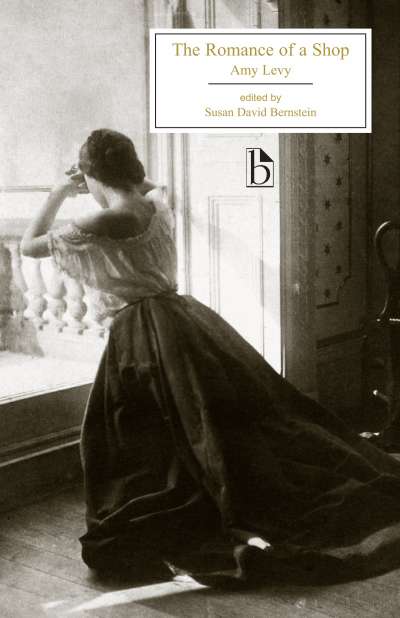
The Romance of a Shop
The Romance of a Shop is an early “New Woman” novel about four sisters, who decide to establish their own photography business and their own…
-
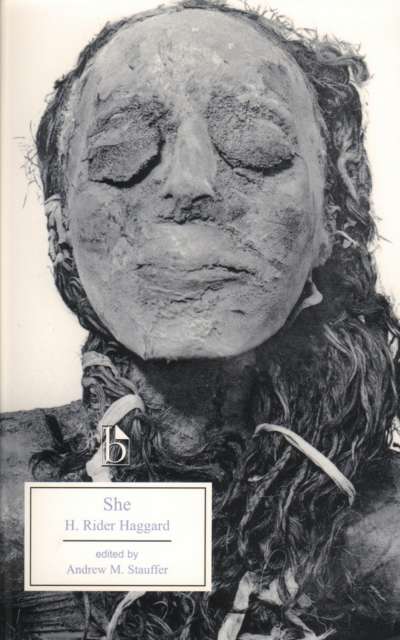
She
First published in 1886–87, H. Rider Haggard’s imperial romance follows its English heroes from the quiet rooms of Cambridge to the uncharted interior of Africa…
-
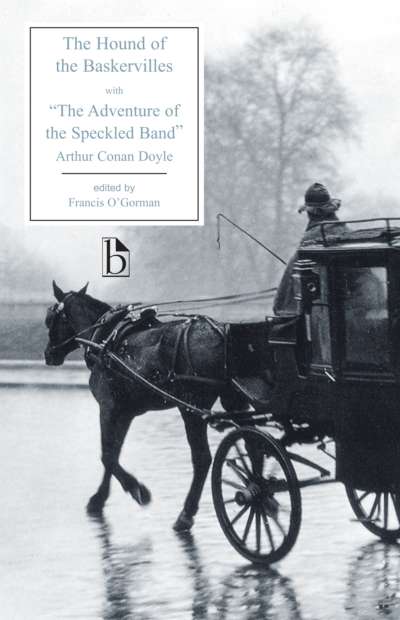
The Hound of the Baskervilles
The Hound of the Baskervilles (1901–02) is Arthur Conan Doyle’s most celebrated Sherlock Holmes adventure. At the end of the yew tree path of his…
-
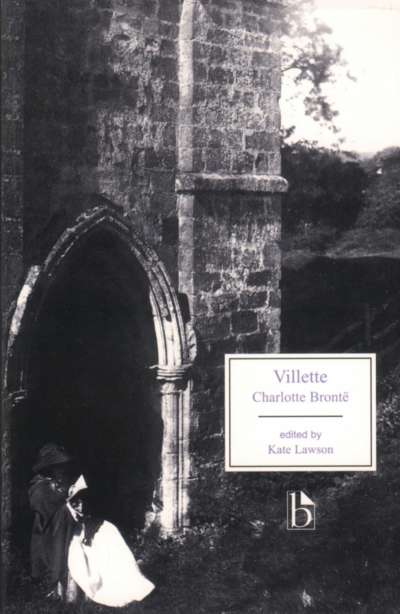
Villette
Charlotte Brontë’s contemporary George Eliot wrote of Villette, “There is something almost preternatural in its power.” The deceptive stillness and security of a girls’ school…
